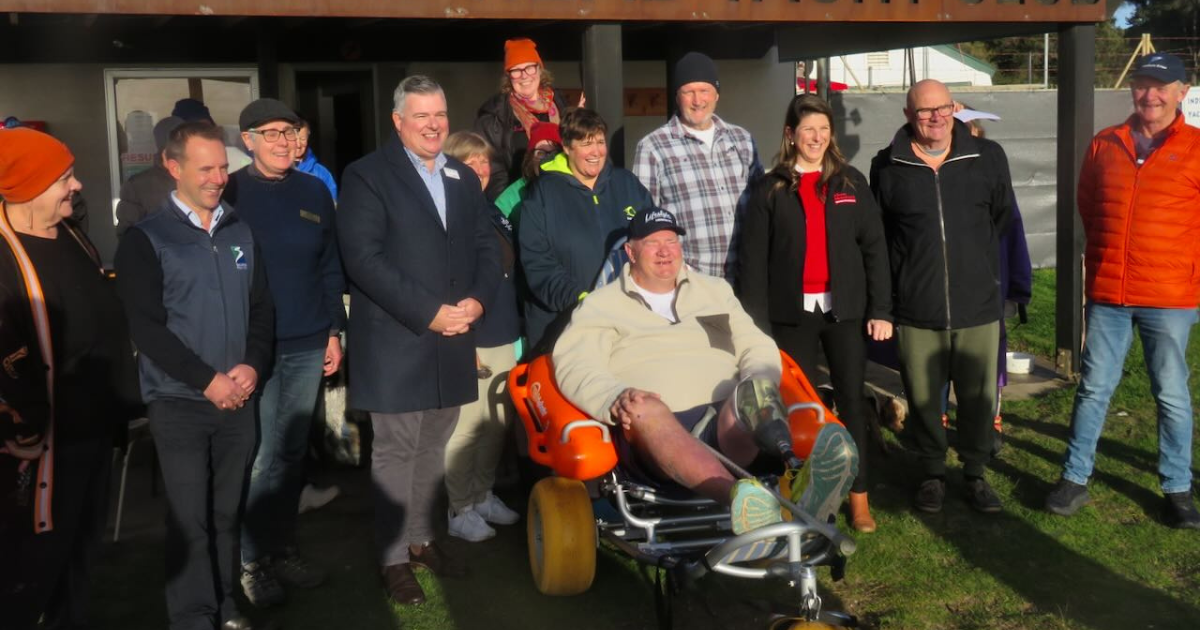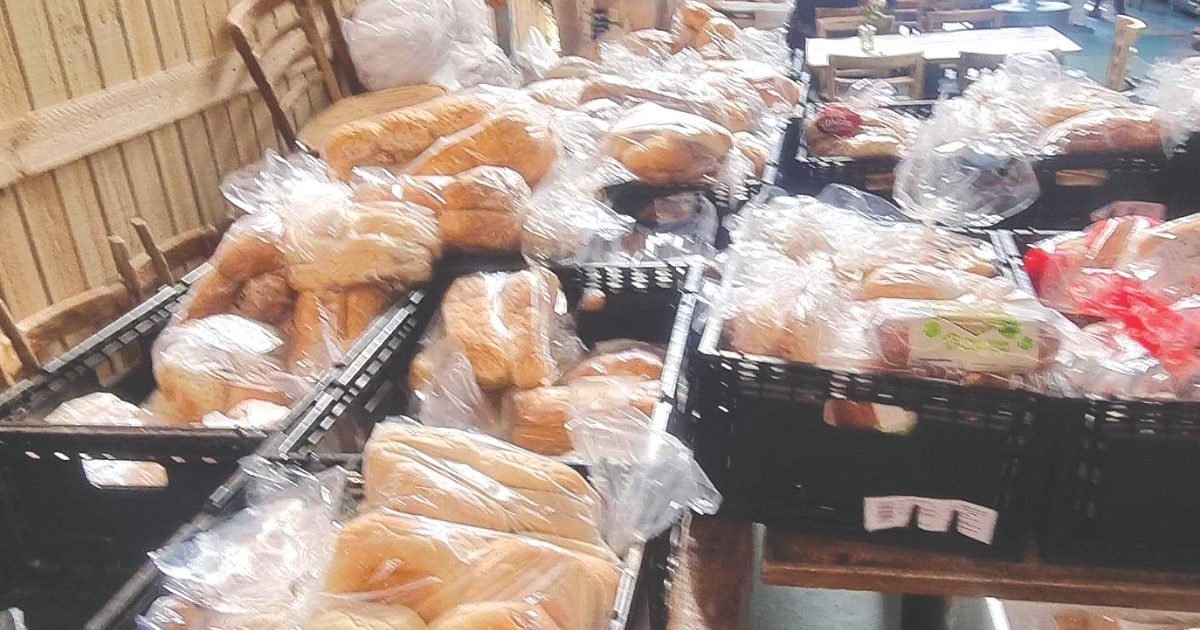Local asylum seekers stuck in visa limbo

Sinthujan (left) and Shyamalie (right) with Queenscliff Rural Australians for Refugees convenor Sue Longmore. Photo: ELLIE CLARINGBOLD
TAMIL asylum seekers Sinthujan and Shyamalie have both been living in the Geelong community for more than 12 years.
They fled persecution in Sri Lanka and sought refuge in Australia, where they found themselves part of what has become known as the “legacy caseload”, a group of about 31,000 asylum seekers who arrived by boat before January 2014 and were put through a now heavily-criticised “fast track” visa application process.
In recognition of the issues that arose from the process, the federal government last year pledged to dismantle the system, and in February gave about 20,000 asylum seekers the ability to seek permanent visas.
For the remaining 10,000-12,000 individuals from the legacy caseload, however, no pathway forward has yet been offered and many have been left to struggle in a highly stressful state of visa limbo.
It’s a level of stress Sinthujan, who has lost two close friends to it, said was hard to adequately describe.
“Still now, it’s a really hard time.
“We can’t feel that this is our country and also before where we came from, we can’t go back anyway. We need a visa here.
“We have to build our life here. Nothing is there, so if this government says go back, where can we go?”
So acute is the risk of persecution should both he and Shyamalie return to Sri Lanka, both asked for their surnames not to be published to protect the family members that remain in the country.
“Always we are scared. What [will] happen tomorrow?” Shyamalie said.
“In our life, we need to fight every time. Sri Lanka [through war] and after we come here, we fight, fight, fight.
“Here we fight the visa. What kind of life [is that]? Until we pass away, we have to fight? We can’t get good life, good breath, good relax, good sleep.
“Always we cry.”
Sinthujan has been granted work rights and runs his own business in the region, while Shyamalie, who was working towards a qualification in aged care, is no longer able to study or work and must rely on the generosity of the local community to help her survive.
“The Geelong community is the best community,” Sinthujan said.
“They always help us. They are always standing for us. They can’t do anything for the visa process, but they are always with us.”
Shyamalie said without the community’s support, she would not still be here.
“Really, really I appreciate the Geelong community,” she said.
Both Sinthujan and Shyamalie have taken part in local advocacy efforts, calling on the federal government to provide certainty to those who continue to suffer in limbo, including maintaining a peaceful vigil outside Deputy Prime Minister Richard Marles’ office and sending him a letter earlier this year.
They say despite the government promising to consider those left in visa limbo, they have received no response from the government, and nothing has changed.
“If they want to do something for us, just issue a visa. Then we can look after everything,” Sinthujan said.
Queenscliff Rural Australians for Refugees convenor Sue Longmore said progress was reliant on more people within the local community speaking up, contacting their parliamentarians and pushing for change.
“We voted for you because we thought you would do something for this group and you haven’t, and we’ll have to think twice at the next election.
“Really, your vote is your bargaining chip.”

















